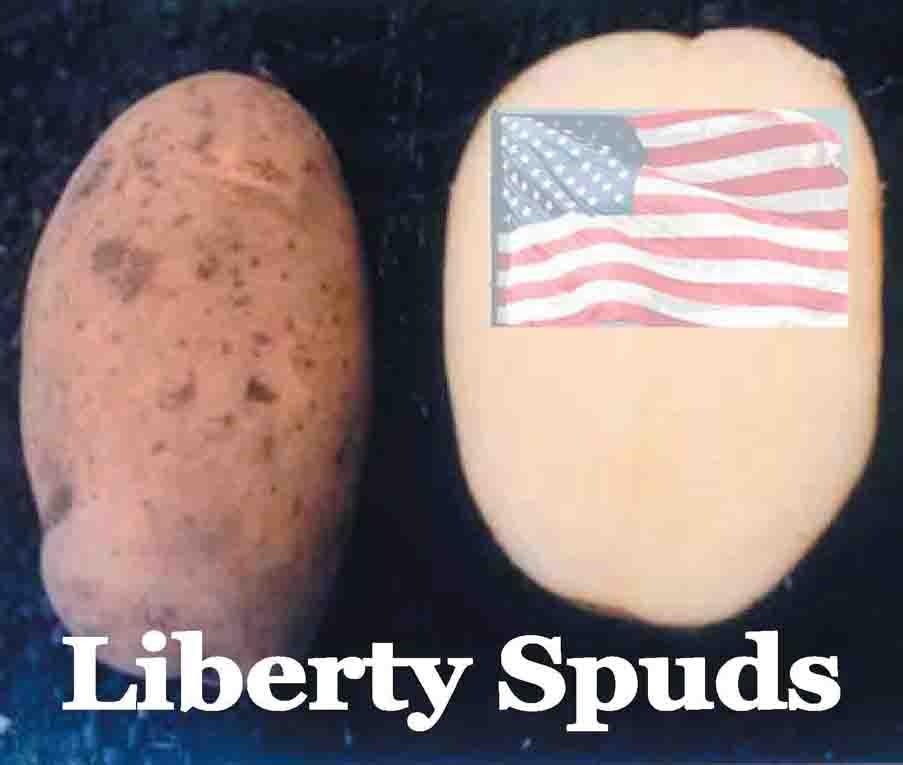...the last two times government seriously tried to control the U.S.
economy -- in the 1930s and in the 1970s -- they made a terrible mess of it. In
the 1930s, the Smoot-Hawley Tariff Act caused a collapse in global trade, while
the Fed allowed the money supply to shrink by one-third. Government regulation
in the 1920s prevented banks from branching, which caused more than 10,000 to
fail in the 1930s, deepening and prolonging the Great Depression. Herbert
Hoover's tax hikes were icing on the cake, capping off a perfect storm of D.C.
policy mistakes.
It took another 35 years, and a nice run of prosperity, but Washington
finally gathered the courage to try this again. Between 1965 and 1981, Great
Society welfare and health-care programs, wage and price controls, inflationary
Fed policy, 70% marginal tax rates, 50% capital-gains tax rates, and highly
regulated energy, airline, banking and trucking industries created severe
problems. The Misery Index (calculated by adding inflation and unemployment)
rose to 21.9% in 1980 (today it is 7.2%).
...The cost of government intervention is always underestimated in the
midst of political battles, while the benefits are always overestimated.
Impeding the free market alters the course of economic activity in ways that
cannot fully be understood in advance.
For example, tax subsidies for using existing solar technology diminish
incentives for research and development, just like welfare payments undermine
the willingness of many recipients to work or go to school. Why give up a sure
thing for a future that is uncertain?
The U.S. is subsidizing ethanol, which pulls billions of dollars of
investment capital away from other areas of the economy. When government picks
what it thinks should be the winner, it saps resources from other ideas and
potential advancements. http://online.wsj.com/article/SB117142605260108183.html?mod=opinion&oj
content=otep (subscription required)
Monday, February 19, 2007
Gov't saps resources from potential advancements
Friday, February 16, 2007 ~ 1:00 p.m., Dan Mitchell Wrote:Will American politicians repeat past mistakes? Brian Wesbury's Wall Street Journal column explains that America suffered during two periods of big government - the 1930s and the 1970s, and he fears that policy makers have not learned from these mistakes:
Subscribe to:
Post Comments (Atom)

No comments:
Post a Comment